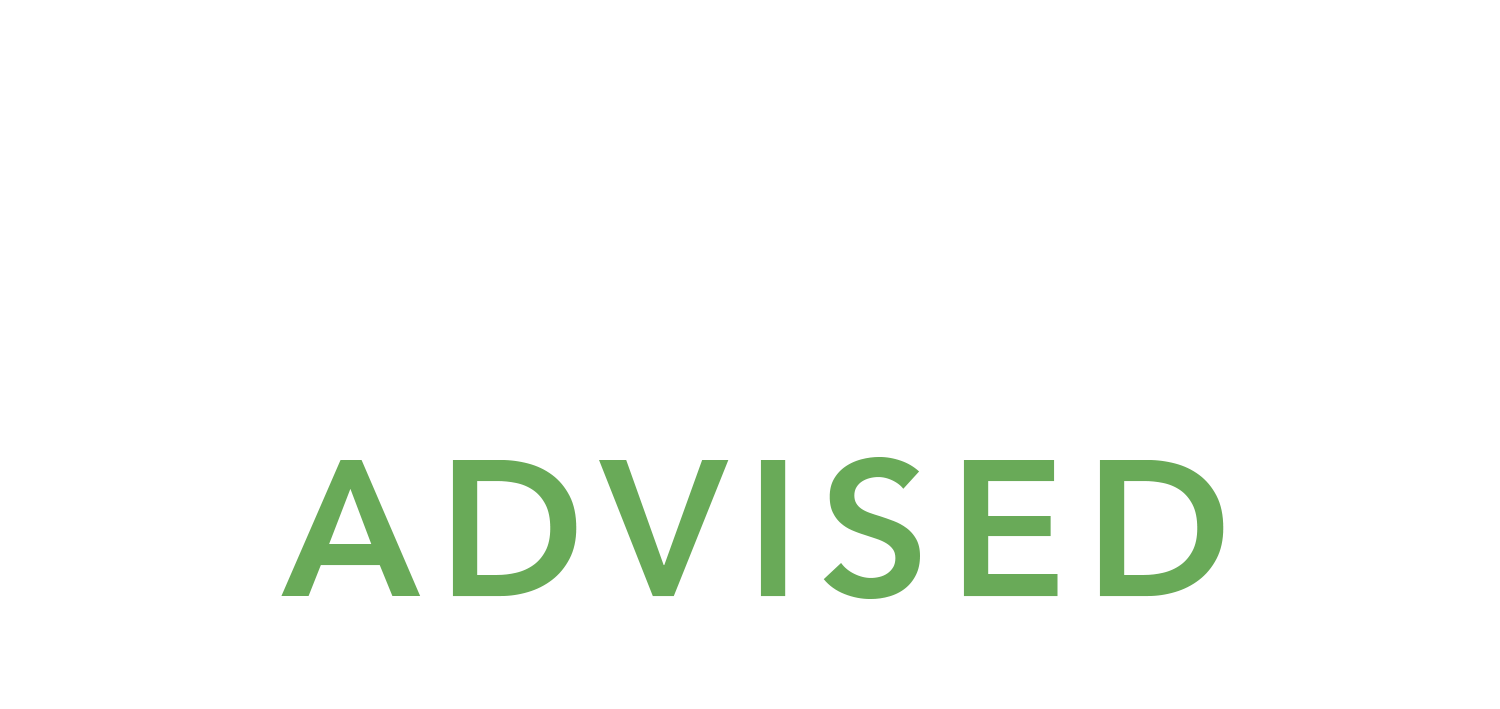Have you ever wondered what happens to your wealth after you pass away? It’s not an easy topic to broach, because let’s be honest – who likes thinking about their own mortality? In fact, only 40% of Americans have a will or an estate plan in place to guide what happens to their money when they die. This unfortunate reality often causes unnecessary stress and problems for family after you pass away.
Without a will or an estate plan in place, your wealth will likely enter probate – a lengthy legal process of dividing up your assets after you pass away. However, because this process is long and drawn out, it puts a significant amount of extra emotional stress on your surviving family members. Additionally, without an estate plan, your funds go wherever the state decides they go – which may or may not be to your preferred kin.
Still, estate planning is often mistaken for a long and confusing process. People aren’t ever fully sure what happens to their money (or their debts) when they pass away, and it can deter them from engaging in the estate planning process. We can clear up any confusion now – want to know what happens to your money when you die? Let’s dive right in!
Debts
When you die, your estate is responsible for your debts. In some cases, they may be passed on to a co-signor or next of kin. If you and your spouse are joint account holders, or you have a co-signer on a loan, they’re responsible for your debt when you pass away. However, if you were the sole owner of the account in question and you don’t have a co-signer, one of two things happen:
Your debt is forgiven after your estate pays off whatever portion it can. This is especially true for credit card and student loan debt – which aren’t secured by assets like a mortgage.
Your debt is passed on to your next of kin. A surviving spouse or adult child who inherits a home, for example, is responsible for the remaining mortgage on your property. Typically your estate will cover what it can, and then creditors are liable to call next of kin (but they can’t mislead you into thinking you have to pay if that isn’t the case).
Cash
Bank accounts are closed after you pass away, and the funds are distributed according to your will. If there isn’t a will in place, ownership of the account is transferred to next of kin or your estate administrator.
Investment Accounts
If you’re invested in stock, the ownership of your stock is transferred to the beneficiary you selected during your lifetime. If you didn’t select a beneficiary, the stock may be distributed according to your will. Alternatively, your state’s laws may dictate who receives your stock if there is no will or designated beneficiary in place
Assets
Over the course of your lifetime, you may have accumulated a number of different assets. Let’s go over what’s usually done with each of them:
Your Car
The lender of your car loan can repossess your vehicle whenever the payments stop – even if you pass away. However, if you own your car in full, or use a portion of your estate to pay off your vehicle, you can pass on your car the same way you’d pass on liquid assets through your will.
Your Home or Property
If you still have a mortgage or property loan when you pass away, your heirs have several options to choose from:
- They can continue making payments on the home/property until it’s paid in full
- Your surviving spouse can take over the mortgage and continue to live in the home and pay it down
- Co-signers become responsible for the mortgage
- They can refinance your mortgage to get a more favorable rate and move it into their names
- They can sell the home to pay off the mortgage, and use the remainder as part of your estate
Your Business
Do you own a small business? You have a few options for how you’d like your affairs to be handled when you pass away:
- You can legally pass your business to a successor
- You can create a living trust that defines how your business will be passed along
- You can opt to have your business liquidated to pay off your business debts, or to allocate the profits toward your estate and your subsequent heirs
Your “Stuff”
Most “stuff” is only passed on if it holds sentimental or monetary value. For example, a favorite childhood book you used to read to your grandkids may be given to them in your will. Or a family heirloom may be passed on to the next generation. However, you can also stipulate whether you want your belongings sold in order to pay off your debts or to distribute the profits among your beneficiaries.
The Importance of Estate Planning
At the end of the day, the majority of your money and other assets are going to be passed on through a will. If you avoid setting up your estate plan, you’re putting your loved ones at risk of not being financially taken care of after you pass away. Speaking with a financial planner and an estate planning attorney to put together an estate plan that meets your unique needs can take a lot of the pressure off of you to execute the process correctly and efficiently. Have questions? Schedule a consultation today! We’d love to walk you through the estate planning process, and refer you to some stellar estate planning attorneys in the area.
Tony Velasquez is the Founder and Managing Director of Wisely Advised an Illinois Registered Investment Advisor. Wisely Advised provides comprehensive financial planning and investment advisory services to both individual and business clients.
